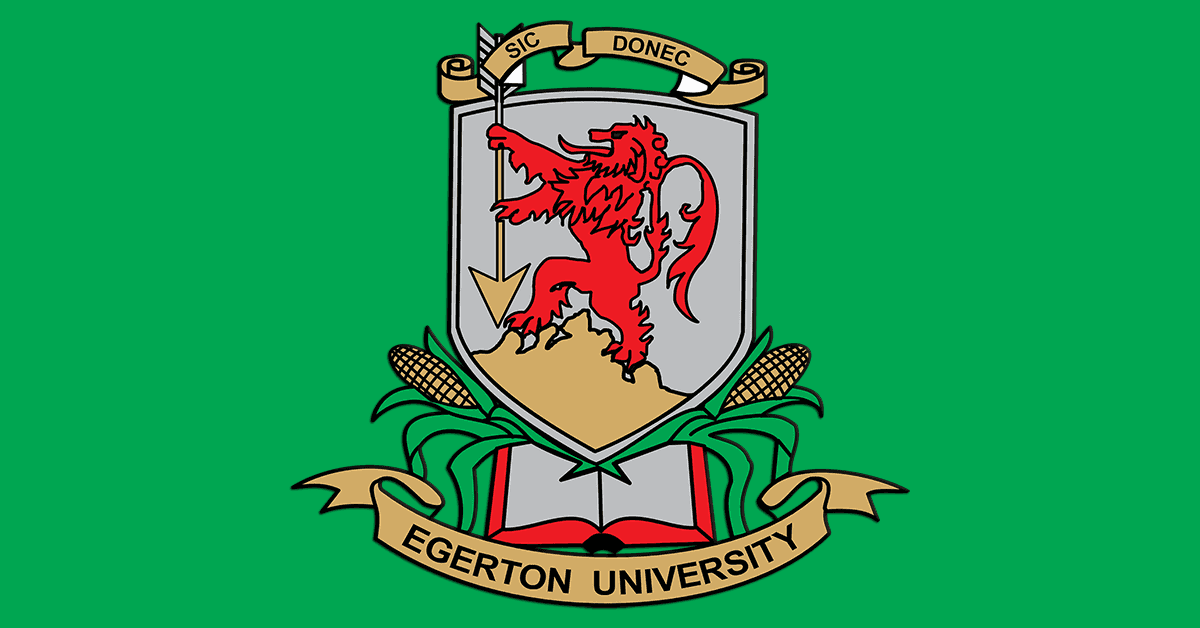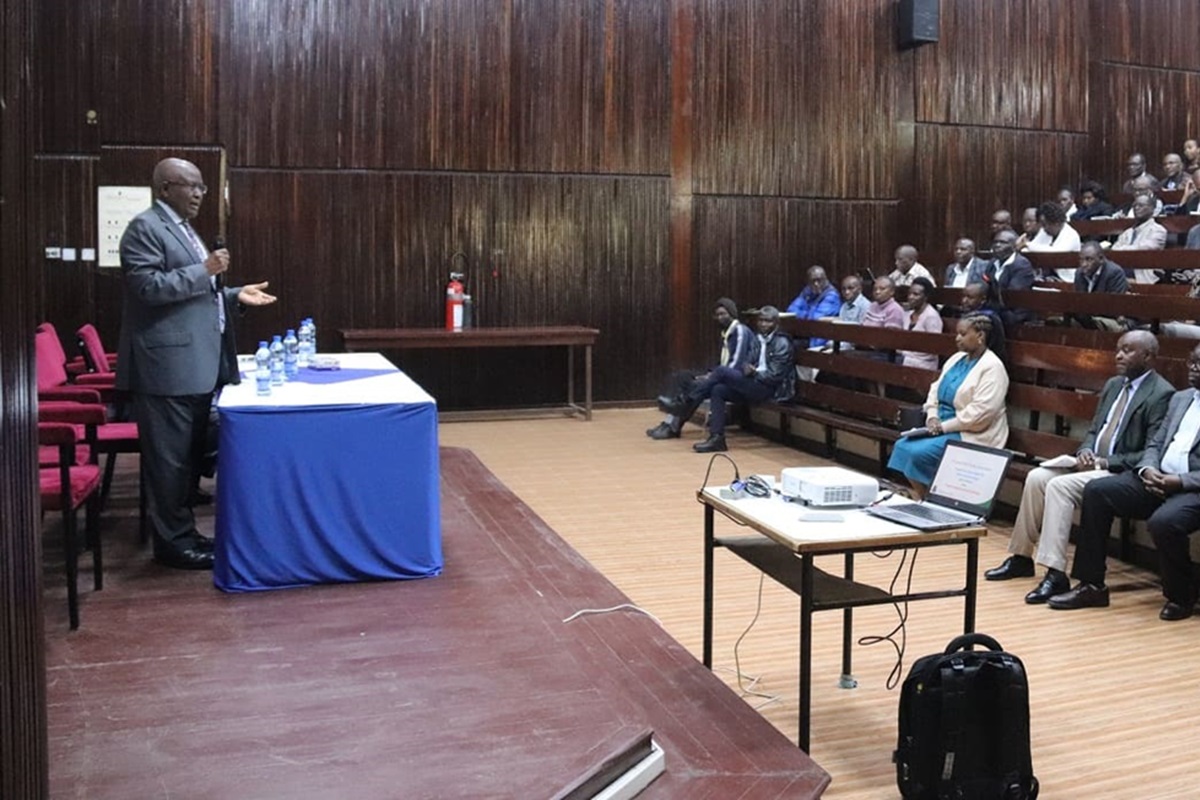Universities Must Take Best Advantage of Cyberspace
There is no doubt that the most momentous transformation that the world has undergone in recent times has to do with the socio-cultural evolution that is unfolding in what we have come to know as “cyberspace”. In effect, the Internet has created a universe that not only parallels the concrete world that we are used to but that also brings with it altogether new and unprecedented opportunities across all aspects of life. The result, of course, is that it is making amazing contributions to human development – and not just in the developed world but also in developing societies such as ours. Indeed, one can argue, and justifiably so, that cyberspace provides a readily available opportunity by which the developing world could leapfrog into the future and “catch up” with the developed world in terms of economic development in spite of the fact that much of that world has not yet undergone a phase of industrialisation in the traditional sense.
Perhaps the most important advantage that cyberspace has brought with it concerns the opportunities that it provides in terms of job creation. Unlike the traditional job market, cyberspace does not limit the working space to the physical location within which the employer and the employee are located but cuts across all boundaries to incorporate virtually the entire globe. Thus, for example, one could reside in Kenya and yet work for an employer who is headquartered in New York. Moreover, one could do so just as efficiently as if one was physically interacting with the employer in New York on a day-to-day basis.
Most importantly, the opportunities for employment that exist in cyberspace are unprecedented in terms of their possibilities. There is practically nothing that one can do in the concrete world that one cannot do in cyberspace. But there are new and altogether different activities that one can engage in on the Internet that extend the experience of “work” beyond the traditional sphere and that do so in even more exciting ways.
Let us consider, for example, just a small number of job opportunities that the Internet has exposed to us. One can innovatively fabricate a hardware gadget that performs an important function in one type of electronic equipment and earn royalties from it through the patenting process. One can create a software programme that performs a specific function on the Internet – such as showing movies or animations, playing games, designing websites, or processing photographic information. Or one can set up one's own podcast on YouTube and, on the basis of its content, earn a reasonably good income through subscription by users to the site or through advertisements on it by companies and other commercial entities.
We bring up these issues in order to draw attention to the critical roles that universities like Egerton can play in spearheading social and economic progress through cyberspace. Together with other institutions of higher learning, universities are well-placed to lead communities in taking advantage of the opportunities available online because they are at the centre of the production and dissemination of the required creative, innovative, inventive, and entrepreneurial skills.
In view of the foregoing, we are pleased to note that here in Kenya we appear to be keenly aware of the realities of cyberspace as well as to be working towards taking full advantage of the opportunities that come with it. As we report elsewhere in the current issue of the Newslink, the government of Kenya is collaborating with the nation's institutions of higher learning, including Egerton University, to ensure that Kenyans, especially the youth, are not left behind in the struggle to bring job opportunities to Kenya through the global market present in cyberspace. It is doing so through the “Ajira Digital Club”, which it is incubating in institutions of higher learning across the country. Through the Club, the government, in conjunction with the country's universities and colleges, is equipping the nation's youth with the skills they need in order for them to benefit fully from the Internet through either self- employment or employment in other institutions. Egerton's Ajira Digital Club was officially launched by the Cabinet Secretary, Ministry of Information, Communications and Technology, represented by the Chief Administrative Secretary, Ms Maureen Mbaka, on 25 June 2021. We would like to call upon all of us in the University Community to support those efforts in our respective ways.







